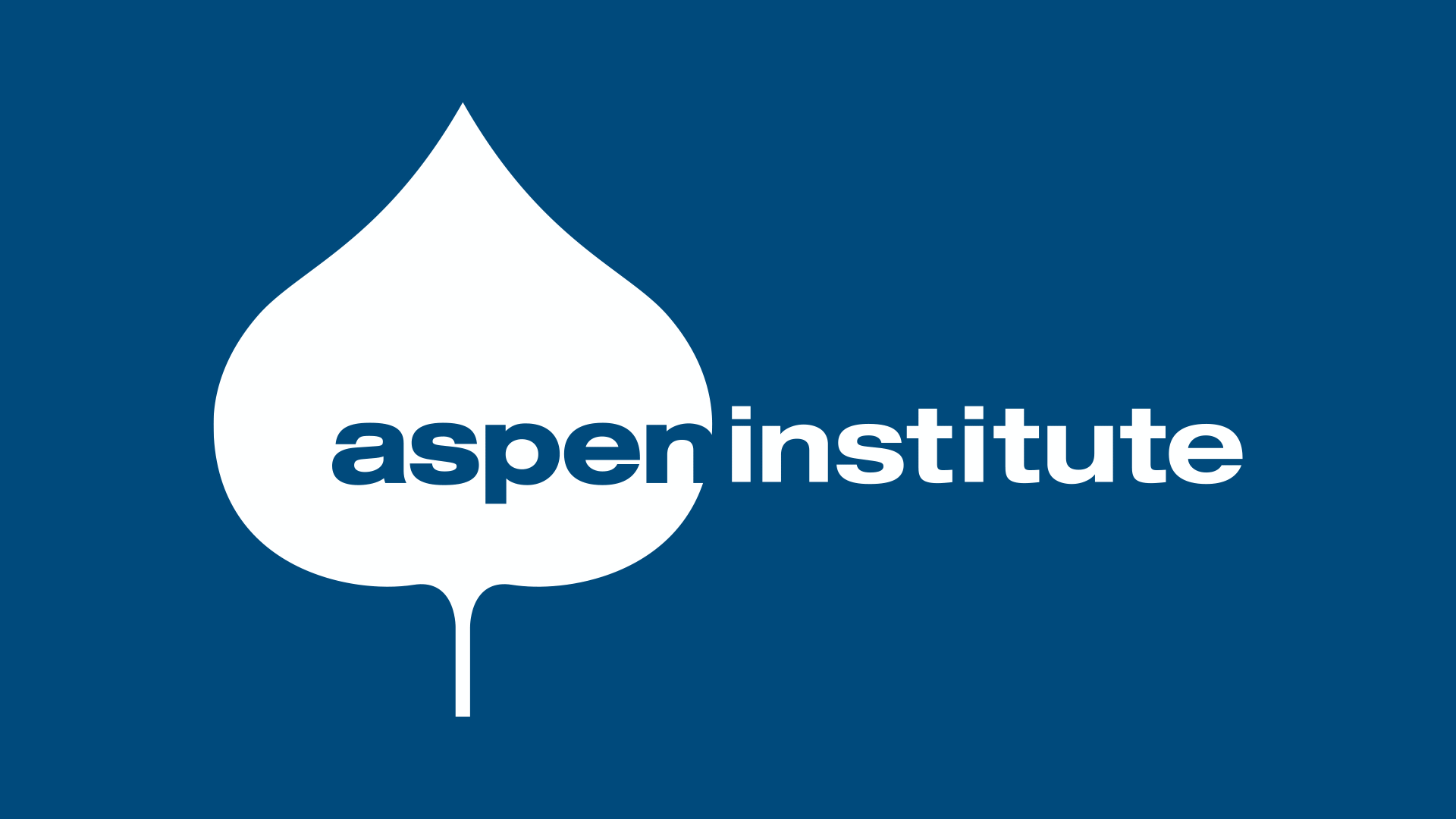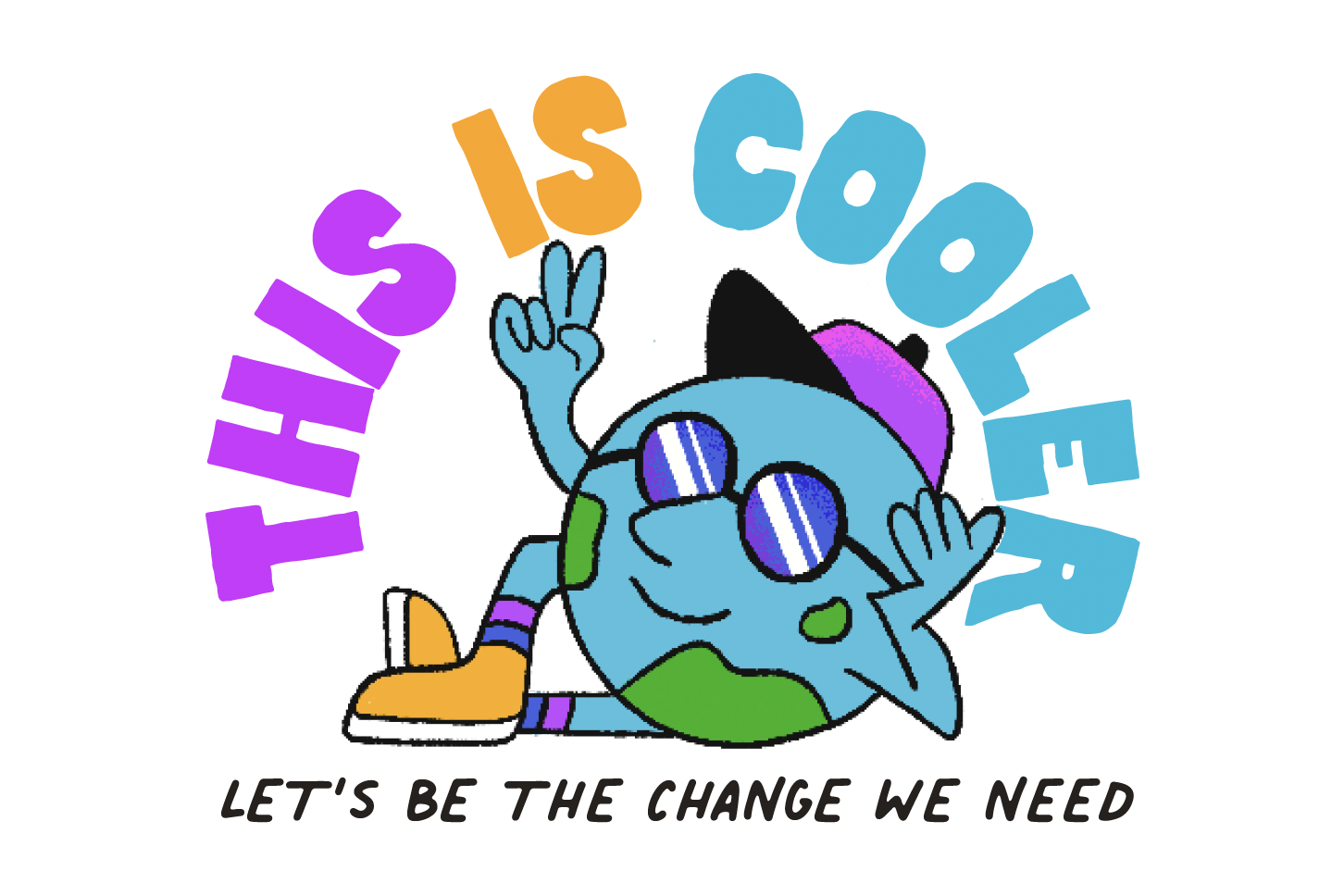Blog —
- Events
Higher Ed Listening Session VI
Tuesday, December 5th at 1 PM EST
The sixth listening session discussed how public policy and organizing can scale impact.
Speakers
Stacey Abrams is a New York Times bestselling author, entrepreneur and political leader. She served as Minority Leader in the Georgia House of Representatives, and she was the first black woman to become the gubernatorial nominee for a major party in United States history. Abrams has launched multiple nonprofit organizations devoted to democracy protection, voting rights, and effective public policy. She has also co-founded successful companies including a financial services firm, an energy and infrastructure consulting firm, and the media company, Sage Works Productions, Inc. In 2023 she was named the Ronald Walters Endowed Chair for Race and Black Politics at Howard University and she currently works as a senior advisor for Rewiring America.
Sarahi Perez is a board member on the Climate Resilience Committee for the City of Miami and the Regional Lead Organizer for the CLEO Institute. In her roles, she recommends changes to the Commission to city policy to help the city thrive in the face of climate change threats and oversees the Miami-Dade CLEO Organizing Team comprised of youth organizers and interns in their respective college chapters. As a fierce youth climate advocate, she plans and executes public education, voter engagement, and policy events to uplift education and advocacy throughout the region.
Anthony Leiserowitz, Ph.D. is the founder and Director of the Yale Program on Climate Change Communication and a Senior Research Scientist at the Yale School of the Environment. He is an internationally recognized expert on public climate change beliefs, attitudes, policy support, and behavior, and the psychological, cultural, and political factors that shape them and conducts research globally, including in the United States, China, India, and Brazil. He has published more than 350 scientific articles, chapters, and reports and has worked with the Intergovernmental Panel on Climate Change, the National Academy of Sciences, the Smithsonian Museum of Natural History, the Harvard Kennedy School, the United Nations Development Program, the Gallup World Poll, and the World Economic Forum, among others. He is a recipient of the Friend of the Planet Award from the National Center for Science Education, the Mitofsky Innovator Award from the American Association of Public Opinion Research, the Stephen H. Schneider Award for Outstanding Climate Science Communication from Climate One, and an Environmental Innovator award from the Environmental Protection Agency. In 2020, he was named the second-most influential climate scientist in the world (of 1,000) by Reuters. He is also the host of Climate Connections, a radio program broadcast each day on more than 700 stations nationwide.
The Higher Ed Climate Action Task Force aims to accelerate higher education’s already impressive progress on climate, create an overarching framework for the role of higher education in advancing solutions, and identify policies to scale climate action. The Task Force, co-chaired by Commissioner of Higher Education for Louisiana, Dr. Kim Hunter Reed and Chancellor of the California State University system, Dr. Mildred García, includes a diverse group of leaders from across the higher education and climate fields.
Over the next year, the Higher Ed Climate Action Task Force will host a virtual listening tour to better understand the work currently occurring and the opportunity to scale action across the sector. The task force will then draft an action plan grounded in what is learned from these sessions with recommendations for institutions, systems, and policymakers.

